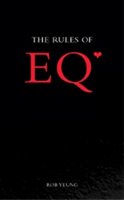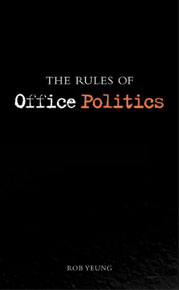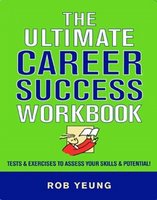 Everyone seems so 'busy' these days. People rush around from task to task to task to task without stopping.
Everyone seems so 'busy' these days. People rush around from task to task to task to task without stopping.
Everyone is so pulled by the telephone, email, a Blackberry, a mobile, a pager. We are accessible by our colleagues and clients pretty much 24/7 if we choose to be. But therein lies the problem. Accessibility means that we get diverted by a cult of false urgency. We get pulled into tackling problems and situations that are urgent rather than important.
I wrote this advice up in my next book, The Rules of Entrepreneurship, but I think it's advice that can apply to all of us - whatever we are doing in our lives, both inside and outside of work.
Since you don’t want to be one of those people who rushes around being busy but achieving no results, consider the difference between hard work and smart work, between activity and productivity.
Long hours are wasteful if you are not doing the right work. So focus on the appropriate priorities all of the time, every week, every minute. No matter how many hours you are willing to work, time is still finite. Make comprehensive lists of everything you need to do. Then choose the tasks that simply have to be done. At the start of a week, ask yourself: “What is the most valuable work I should be doing?” At the start of every day, ask yourself the same question: “What is the most valuable work I must do today?”
It's that vital difference between urgency and importance. Say a potential customer and a potential supplier both send you emails to say that they must speak to you urgently. Both seem urgent. But which one is important? Responding to which one will make the bigger difference to your business? I’d probably go for the customer.
Stop yourself to think every time any new task interrupts what you are doing. Ask yourself whether it is truly important or merely urgent. Importance should trump urgency every time. Don’t allow yourself to be pushed in the wrong directions by tasks that are urgent but not important.
It sounds easy in theory but is darned difficult in practice. I don't always practise what I preach. Plus, it's easy to procrastinate because you don't want to do those important tasks - so you let yourself be dragged off course by the merely urgent ones. But, if you can manage to separate urgency from importance, I guarantee you that you will make your life a helluva lot easier.
 After a couple of months of discussion with one of my publishers (Cyan Books), I've managed to land another book deal, which brings my total up to 15, I think.
After a couple of months of discussion with one of my publishers (Cyan Books), I've managed to land another book deal, which brings my total up to 15, I think.














